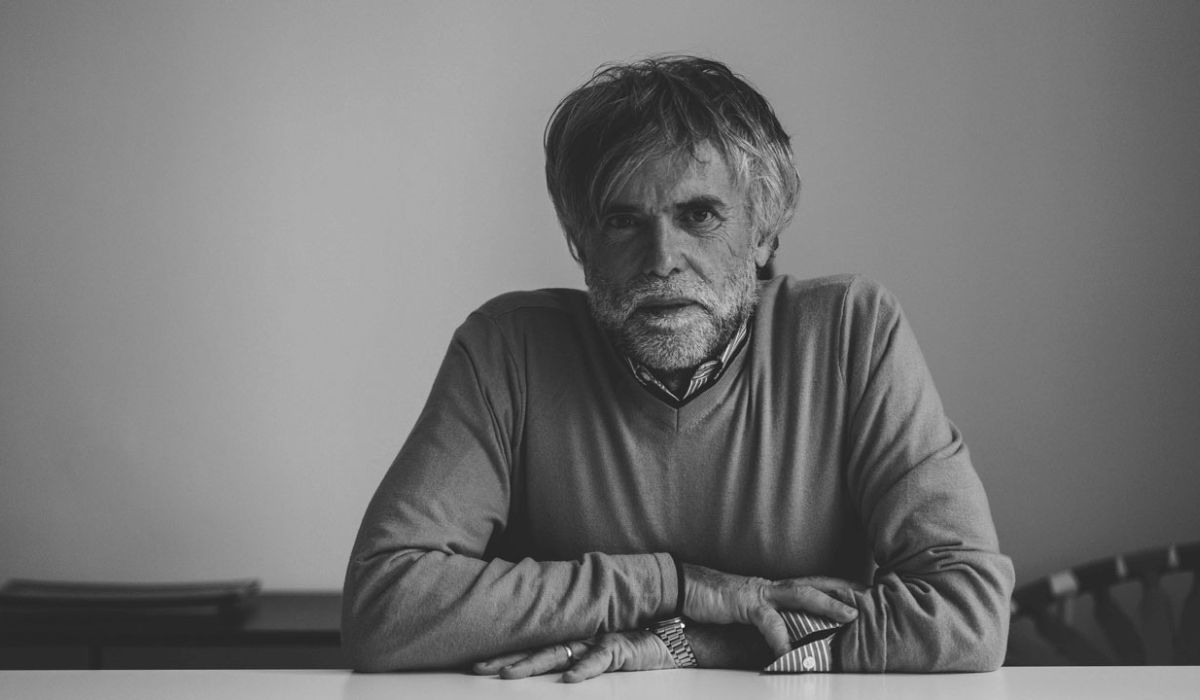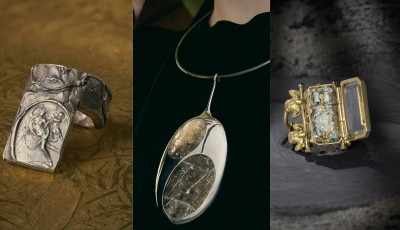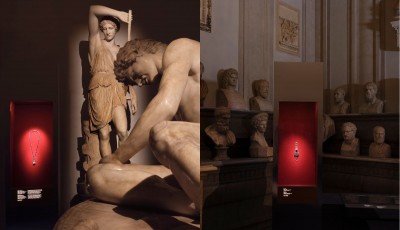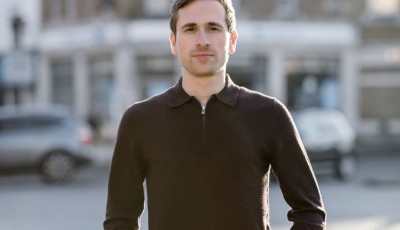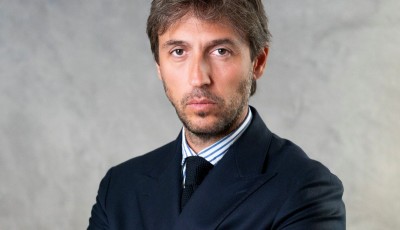Francesco Morace: Paradigms for the Future
With the rigor of a researcher and the vision of a storyteller, Francesco Morace, sociologist and president of Future Concept Lab, outlines the future of jewelry through uniqueness, sustainability, and inclusivity
What specific contribution does Future Concept Lab make to companies through its research?
Future Concept Lab introduces companies to global market scenario interpretation by looking more closely – as we did at the presentation at Vicenzaoro on January 20th – at “The paradigms of innovation, consumer and purchasing trends and the behaviors of different generations.” In this way, each company will be able to align its production and commercial activities with the main changes taking place in the jewelry sector, starting first and foremost from the expectations and desires of customers, female consumers in particular.
You have identified three key paradigms for the future: uniqueness, sustainability, and inclusiveness.
What changes or innovations do you think jewelry companies will need to adopt to remain relevant in a market that focuses on these three principles? Jewelry companies are very often already able to propose excellence from the point of view of product uniqueness. What is lacking is a deeper awareness of the sociocultural context in the various target markets. In order to be relevant and competitive, it will therefore be necessary to reconcile the distinctiveness of luxury with the values of sustainability and the quality of products with market accessibility, by proposing an intelligent price-quality ratio. After that, communication strategies will need to be adapted by adopting techniques and tools (for example, greater familiarity with the web and the digital world of social networks with influencing marketing) in a whirlwind change but one that is highly compatible with the symbolic and “sentimental” significance of jewelry. In this challenge, if they are able to listen and respond to the varied desires of different generations, we foresee enormous growth opportunities for Italian producers.
How will the concept of uniqueness evolve in an increasingly digitized global market?
The concept of uniqueness will continue to develop its potential starting with the brand's DNA (when it exists), with production virtuosity told in an accessible and incisive way, with the frequent presentation of aesthetic and material choices (especially with short videos similar to those on TikTok), with credible and competent testimonials and influencers, or directly with the creatives who made them, demonstrating their “poetics” and craftsmanship skills. When a company is relevant in terms of uniqueness, then it resonates more easily in the digital world, multiplying its business opportunities with low investment.
Do you think the new generations are really more attentive to these three paradigms, or is this just a temporary trend?
The younger generations are manifesting and interpreting these paradigms very decisively, but they are not often listened to and considered carefully enough: in the face of a lower spending capacity, we detect their growing influence on parents and grandparents. In the coming years, they will be the main “decision makers” and purchasing managers, for one simple reason: they will be the ones to teach e-commerce and other digital logics to their elders, as has already happened in the travel, tourism, home, and food sectors. Daily shopping is now often in their hands. This will also be the case with the choice of “precious” accessories, increasingly subject to the scrutiny of their tastes, which are fresher and more up-to-date. It will then be the older generations who finance their purchases, which are often tied to rituals and ceremonies that are taking on new importance: one example above all is eighteenth birthday celebrations (with gifts).
What, in your experience, is the most effective approach to communicating companies' commitment to sustainability and inclusiveness without it appearing as a mere marketing strategy?
The filter of authenticity proves to be decisive when you want to guarantee sustainability and inclusiveness: the word of the entrepreneur, for example, and personal storytelling becomes an essential lever for credibility. It puts a face to it. Explaining your commitment and the reason for your courageous choices, personally playing the card of character, passion, and know-how. Made in Italy qualities that are still inimitable today.


